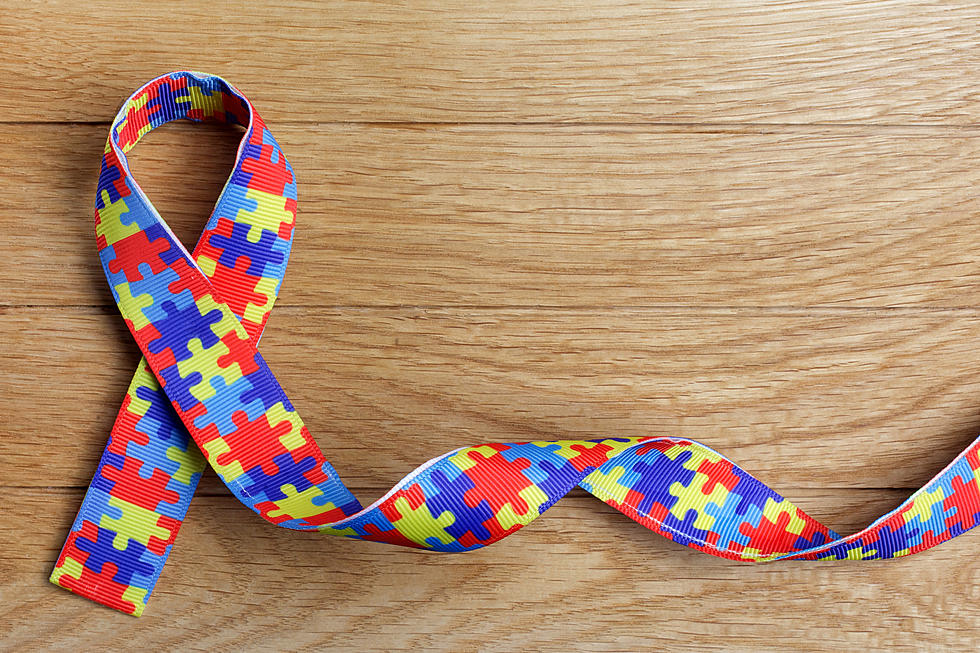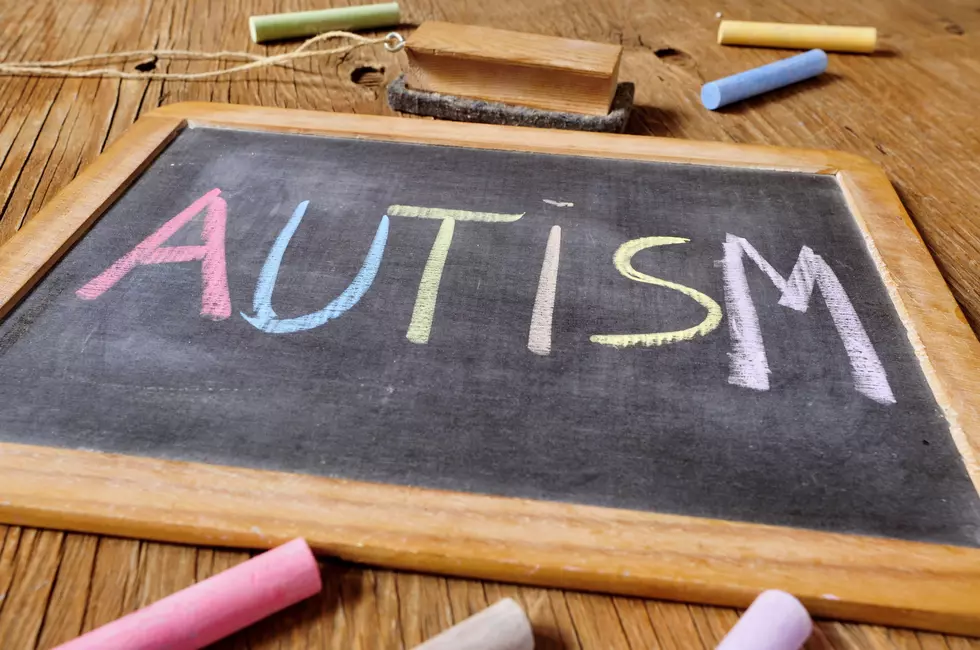
A New Approach to Care Coordination For Autistic Kids
New Jersey has the highest rate of autism diagnosis in the nation. One out of every 45 children is found to have some type of condition on the autism spectrum. In response, the NJ Department of Health is funding studies to develop what's called the "Autism Health Needs Medical Home Pilot Project."
The initiative calls for an autistic child's pediatrician to work closely with other doctors and therapists offering treatment.
This is an important step in the right direction, according to Suzanne Buchanan, the executive director of Autism New Jersey.
"Parents of autistic children frequently function as case managers. They become the point person for the care of their child, but the idea of the Medical Home program is to provide a consistency of professionals and a very practical way for those professionals to coordinate how they're assessing the child and the interventions they recommend," she said.
Buchanan said this is very important because many autistic children are so unique, and many have difficulty communicating what they want and need and what they're feeling.
"That coordination becomes critical to identify if the person is in pain, or in need of some type of intervention, and so we want to make sure that there's coordination between the interventions going on, both the behavioral intervention as well as any medication," she said. "There really needs to be direct communication between the behavior analyst and the prescribing physician to make the intervention as effective as possible."
If care is not coordinated, Buchanan said, out things can be missed which can make therapy less effective.
"With good communication, experts can monitor their patient effectively and make adjustments accordingly," she said. "For children with aggression, self-injury, other forms of challenging behavior, every ounce of intervention they receive should be as effective as possible, so we really want to stack the deck in their favor with that coordinated care."
Buchanan also said "a coordinated approach to care reduces the burden on the parents to have to also play the role of many different professionals; parents shouldn't have to do that."
More From WPG Talk Radio 95.5 FM










